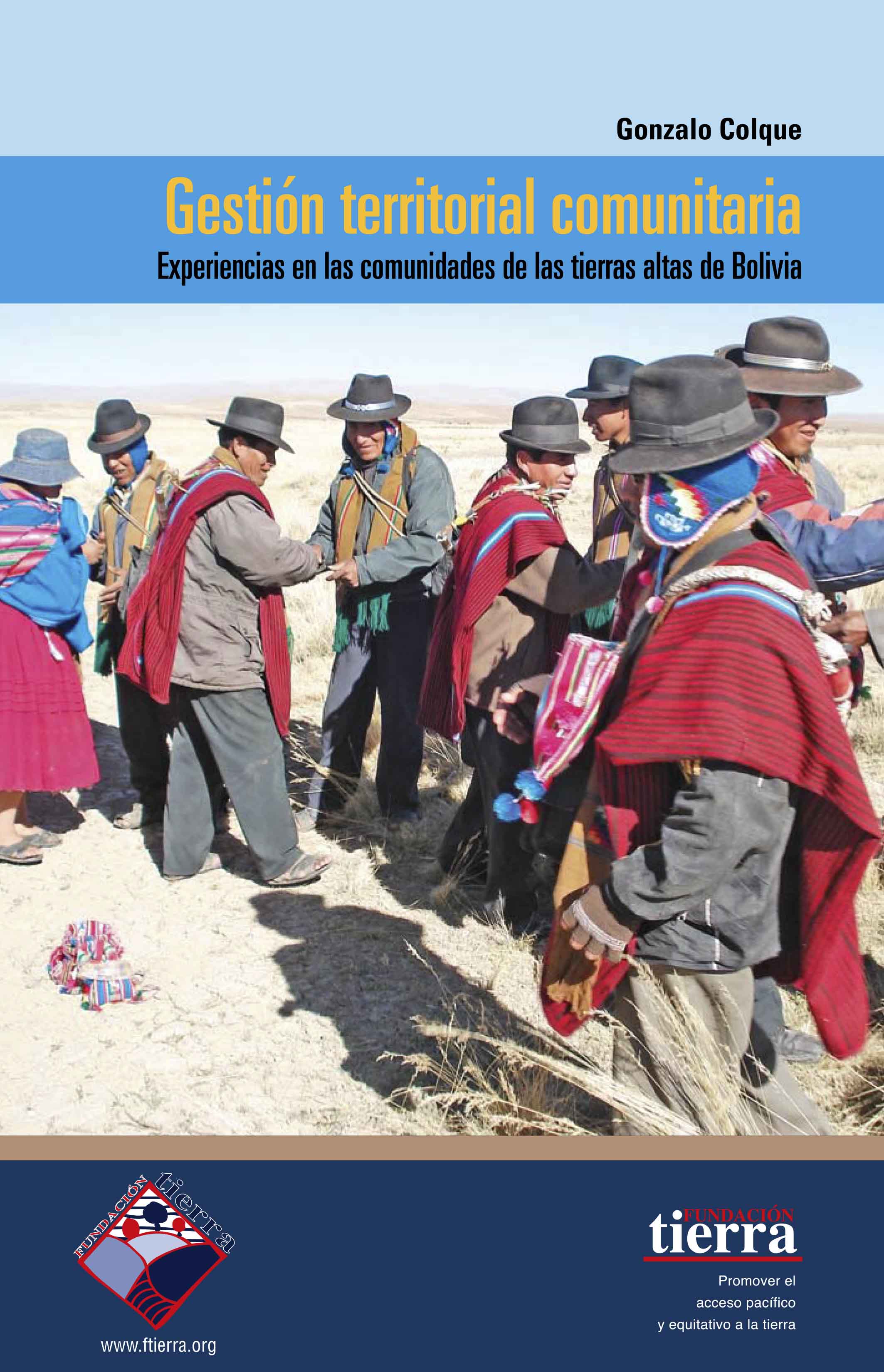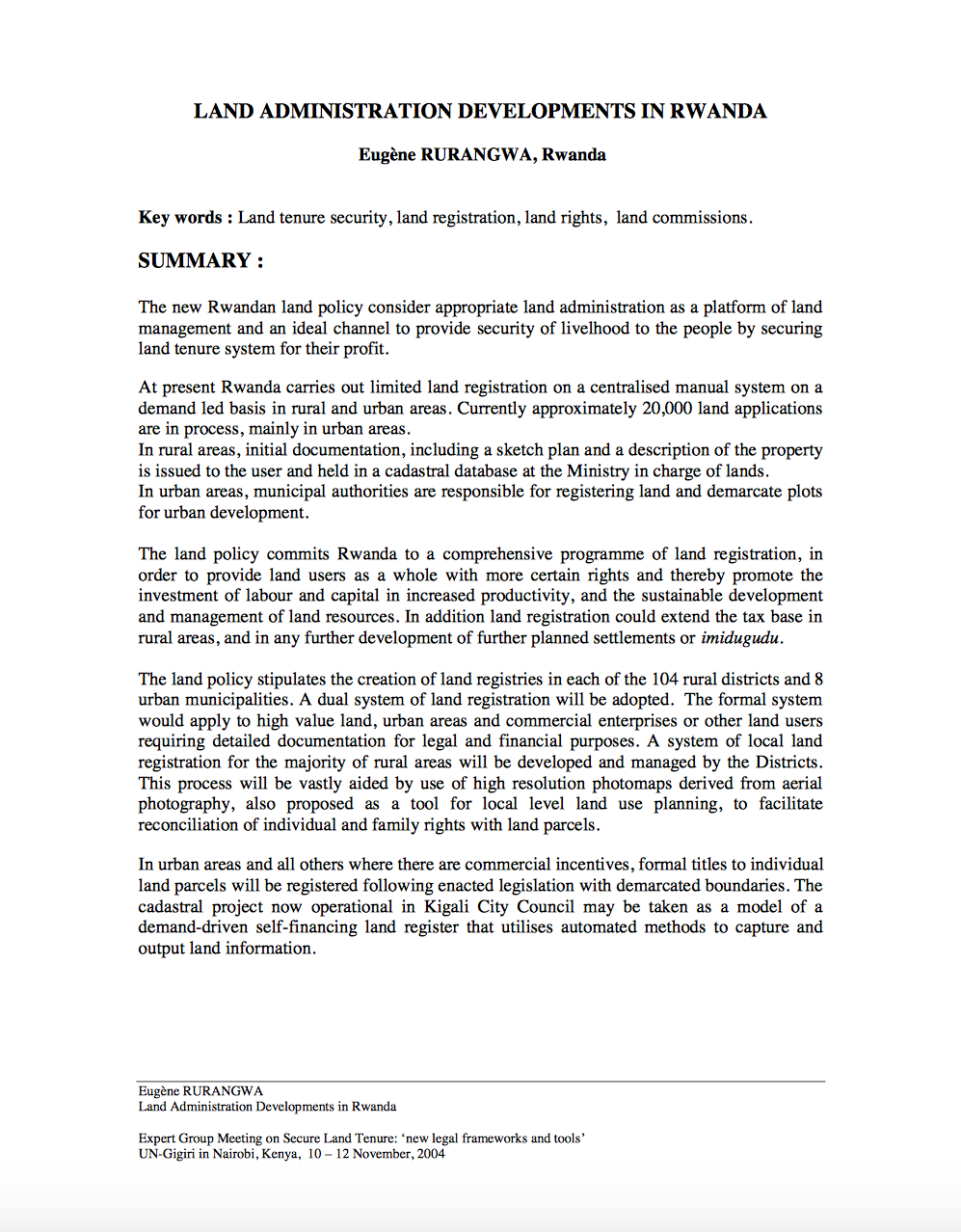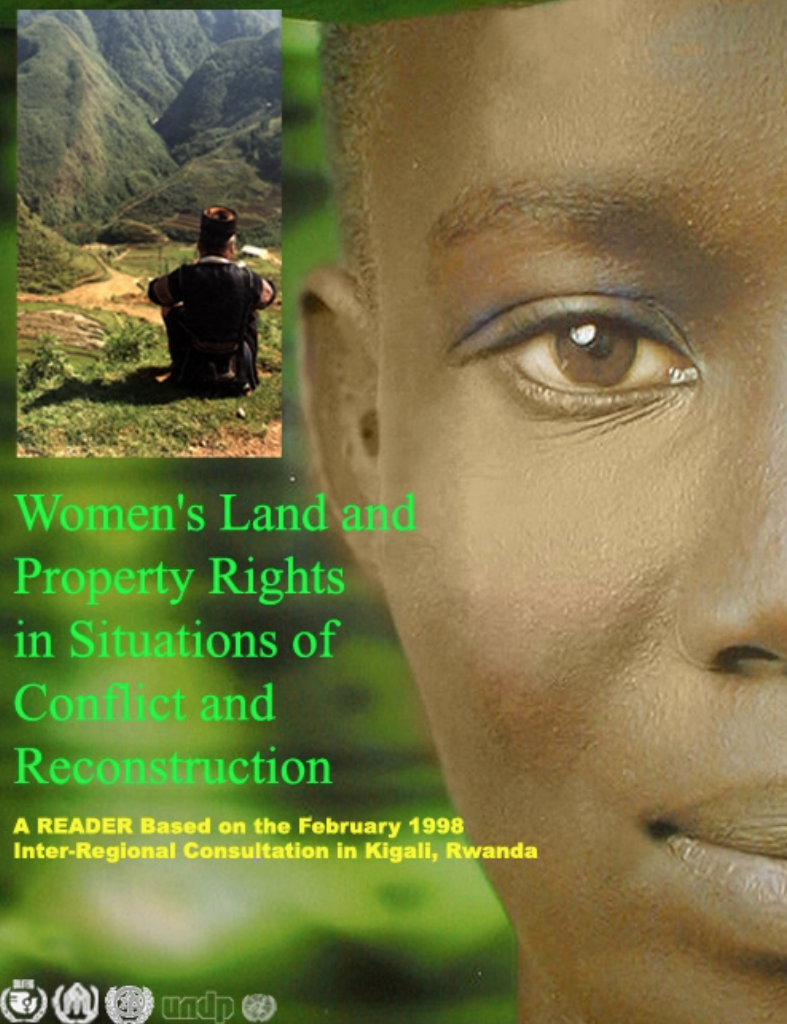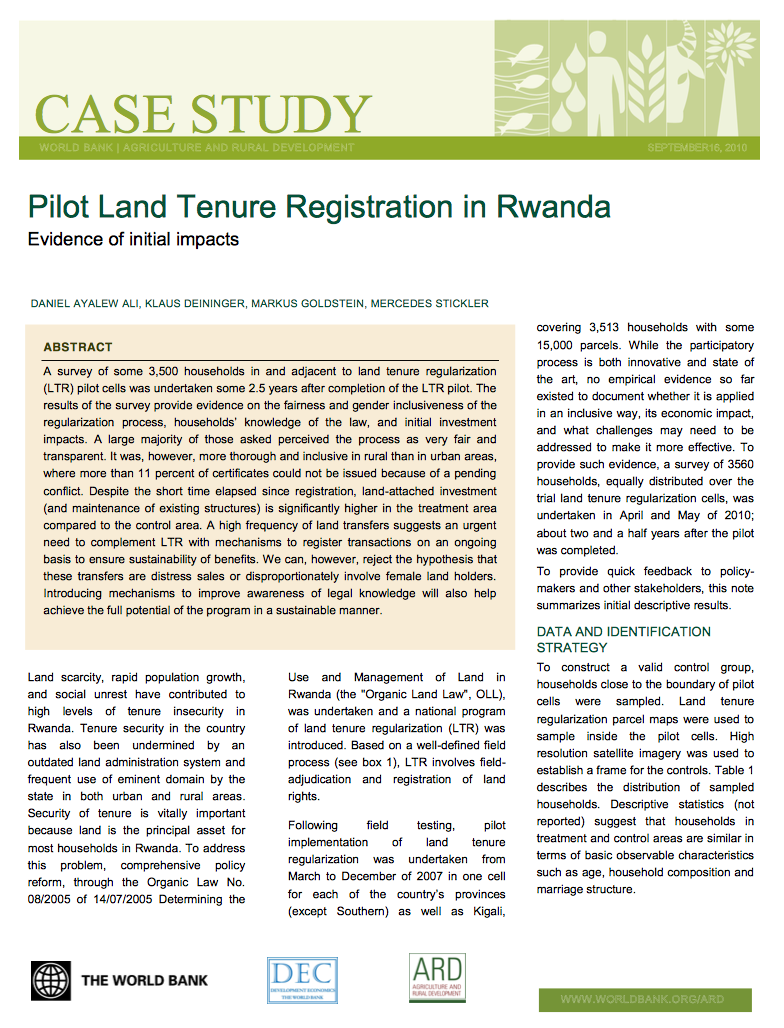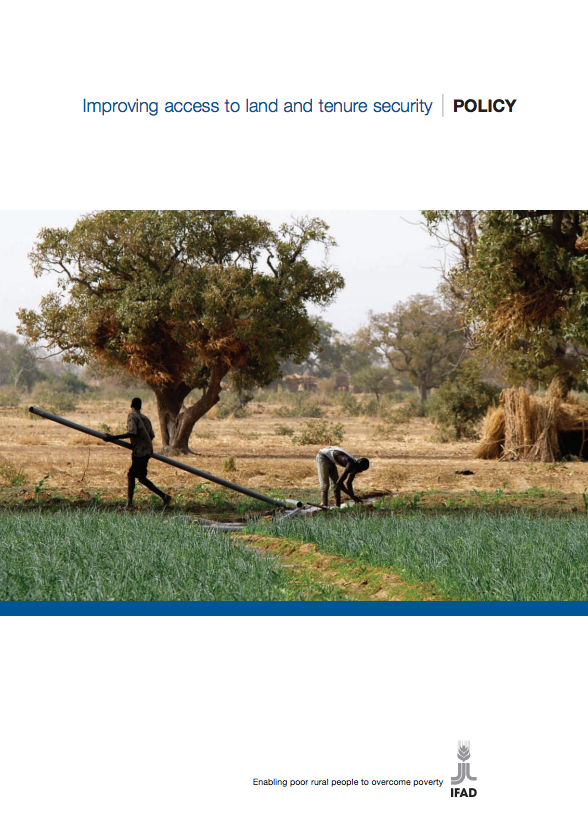Gestión Territorial Comunitaria, experiencias en las comunidades de las tierras altas de Bolivia
Este texto muestra cómo las comunidades de hoy están ante el desafío de emprender un papel protagónico en la constitución del Estado nacional y de su propio desarrollo con las autonomías indígenas originarias campesinas y para ello están poniendo en práctica sus mecanismos de resolución de conflictos, normas e instituciones para, de esta manera, esclarecer y consolidar sus derechos de propiedad sobre la tierra.

